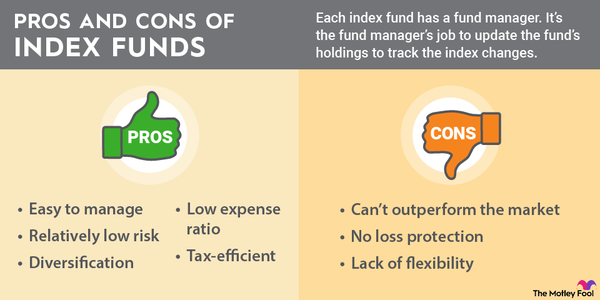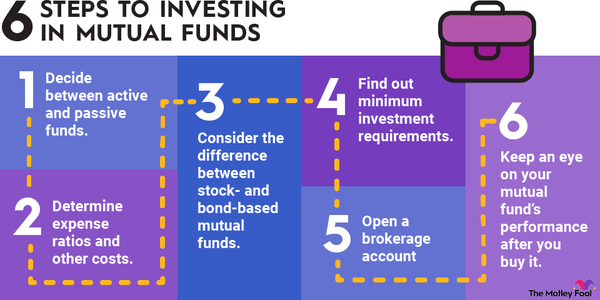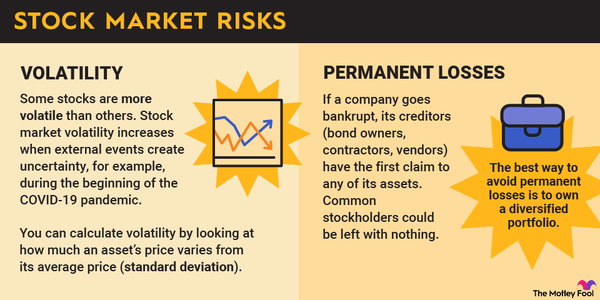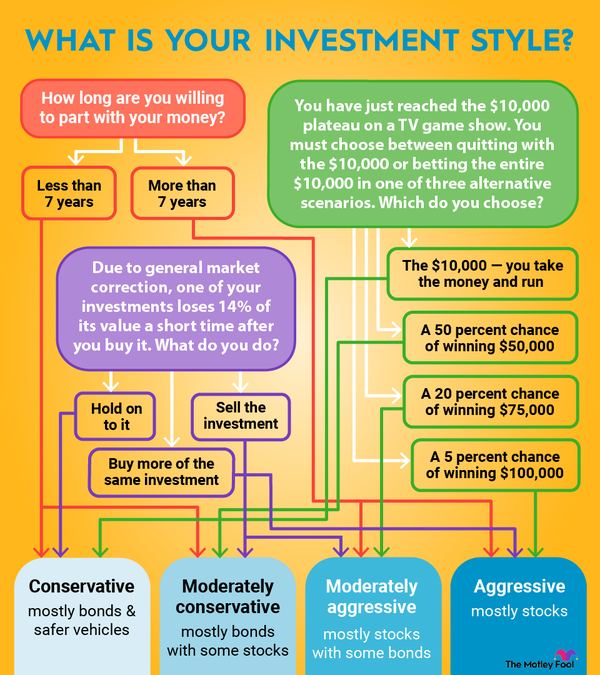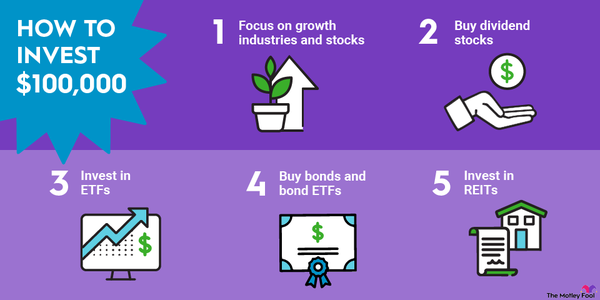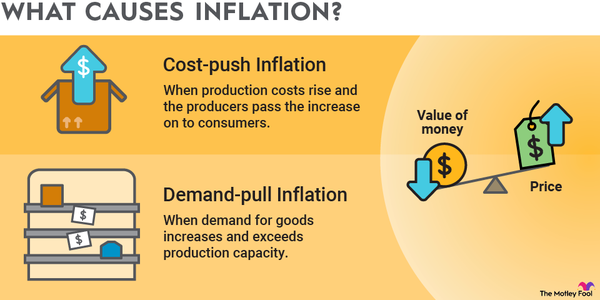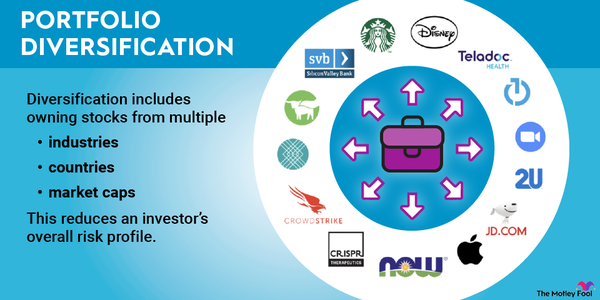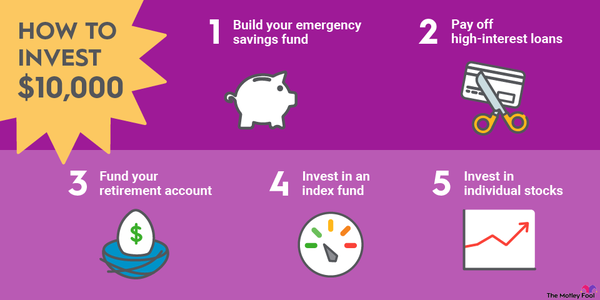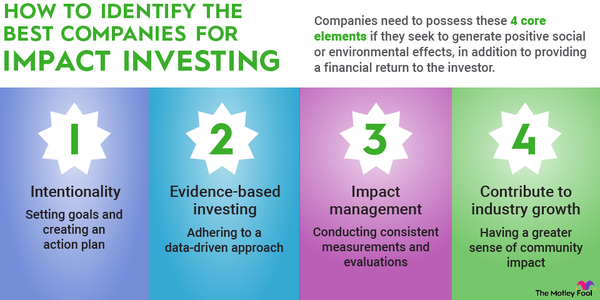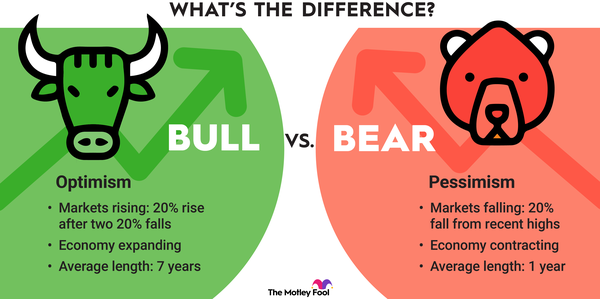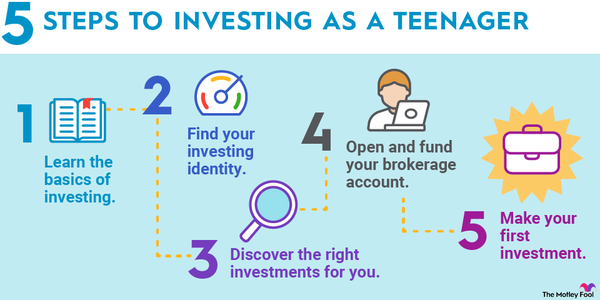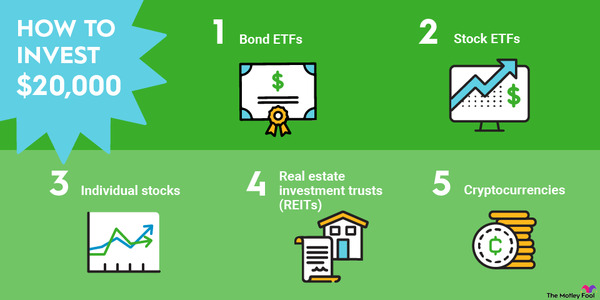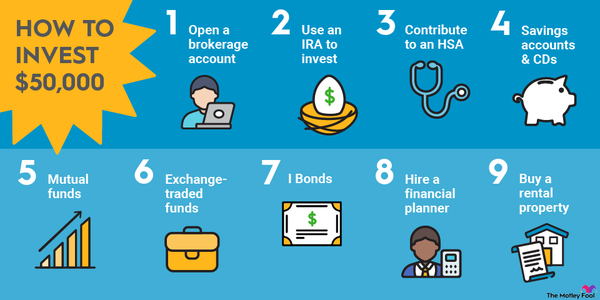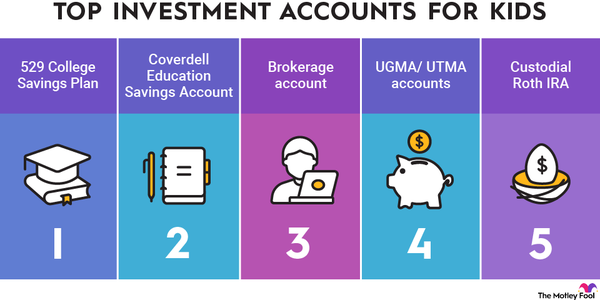
What is wealth management?
What is wealth management?
Wealth management is a specialized investment advisory service aimed at affluent individuals and families. Wealth management encompasses many different services from investment management and financial planning to tax avoidance and trust administration. Most wealth management firms target clients with minimum net worths of about $500,000 up to many millions. There are also even more specialized providers that target ultra-high-net-worth families — those with assets in excess of $25 million.
Wealth management tends to be different than general financial planning or financial advising in that the service offering is usually more comprehensive and all-encompassing. You'll usually find extremely high-net-worth individuals seeking these services since their financial needs are often more complex and far-reaching than those of most people. Wealth management firms seek to service most, if not all, financial needs that most super-affluent people require.
High Net-Worth Individual (HNWI)
How much money do you need for wealth management?
How much money do you need for wealth management?
Many wealth managers have certain asset minimums (the amount of money you need to have) before they'll accept you as a client. A general starting range is usually about $500,000, but some firms may accept smaller accounts depending on your specific circumstances. Smaller accounts will usually pay a higher fee rate than those of larger accounts.
Some wealth management firms may have much higher minimums, like $10 million or $20 million, depending on the scope and nature of the services offered. As your net worth increases to these levels, tax planning and estate planning become especially important, so the services you may need increase in breadth and depth. This is not to say you're required to use such a firm if you feel you can do everything yourself, but the reality is that a significant share of wealthy people do seek out these services.
If you don't meet the asset minimums required to have your very own wealth manager, fear not. There are many other financial planning services available, often at a much lower cost. Among them:
- Fee-only financial planners who work by the hour or on a fixed-fee basis.
- Robo-advisors that provide investment management services at a very low cost.
- Online brokerage platforms with in-house advisory services (think Vanguard or Fidelity).
- Traditional advisors without the enhanced capabilities of full-service wealth management firms.
Remember that wealth management is a service intending to meet a need, much like any other business offering. Some people choose to use the service, and some don't. This generally depends on your need for guidance and your inclination to take on the responsibility of managing a large amount of money.
What to know about choosing a wealth management firm
What to know about choosing a wealth management firm
As the saying goes, personal finance is personal: Your specific needs are likely to differ from those of others, so it's important to know what you're looking for before choosing a wealth management firm. Some affluent clients require extensive tax planning help, while others may be concerned about tripping the estate tax threshold upon the death of either spouse. Others need guidance with charitable giving or trust management.
When it comes to the team of individuals advising you, you'll need to know how to evaluate their specific expertise. Two credentials to look for are the CFA (Chartered Financial Analyst) designation, as well as the CFP (Certified Financial Planner) designation.
The CFA designation is a rigorous financial training program focused on investment and financial statement analysis, with holders having passed three extremely difficult exams and endorsed a binding ethics agreement.
The CFP designation represents a thorough knowledge of personal financial planning, which includes everything from investment and tax considerations through insurance, estate, and retirement planning. CFP professionals are bound to a fiduciary standard, meaning they are required to put the interests of their clients first at all times.
There are many other designations that you might see throughout the industry, but the CFA and CFP tend to hold the most weight among wealth managers. Note that both programs are voluntary, which means that those who have taken the time to earn either or both credentials are serious about their professional undertakings.
Wealth management fees and other concerns
Wealth management fees and other concerns
Another significant step in the process of hiring a wealth manager is knowing (and understanding) the fees you'll be expected to pay. Many firms will charge based on how much money you transfer to them, with higher rates charged to those with smaller accounts. A typical asset-based fee schedule may look something like this:
| Assets Under Management | Rate Charged | Annual Fee Dollar Amount |
|---|---|---|
| < $500,000* | 1.5% | up to $7,500 |
| $500,000 to $1M | 1.25% | $6,250 to $12,500 |
| $1M to $5M | 1.00% | $10,000 to $50,000 |
| $5M+** | 0.75% | $37,500+ |
*If the wealth management firm accepts smaller accounts.
**Small discounts can be given for reaching certain asset thresholds.
Wealth management firms will usually express fees in percentage terms such as 1%. While this may not sound like much, the dollar amount attached to such a rate is often far greater than the investor initially conceives. As the above table shows, wealth management services tend to be extremely expensive and can run into the hundreds of thousands of dollars for the ultra-wealthy.
Related investing topics
The best way to know if wealth management is worth it for you is to determine the services you actually need and which, if any, you can handle on your own. There are many firms in the marketplace that do provide tremendous value to their clients, so if you're someone with a significant amount of wealth and don't have the expertise or inclination to manage it on your own, there are providers designed to meet your various complex needs.











